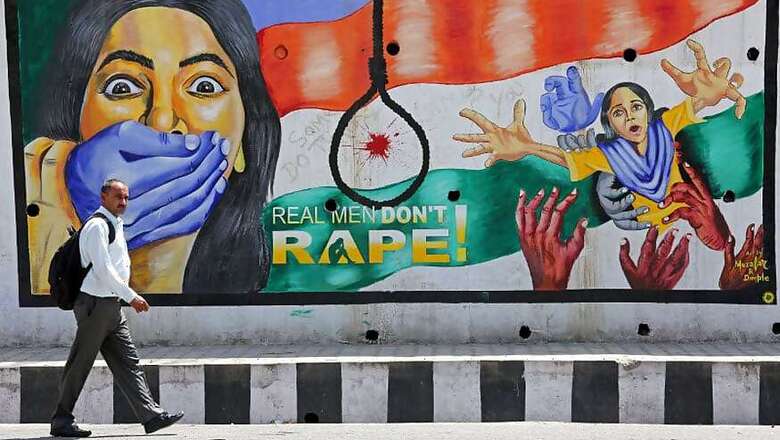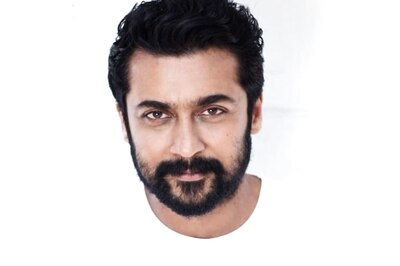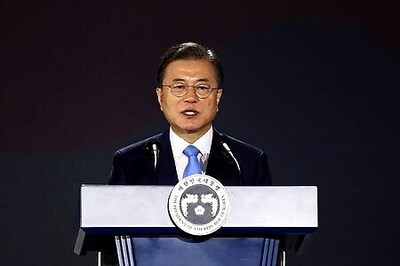
views
Dehradun: Taking suo motu cognisance of the gang rape of a Dehradun student by her seniors, who allegedly committed the crime after watching porn on their mobile phones, the Uttarakhand high court on Thursday asked the Centre to cancel the licences of websites offering obscene content.
A division bench of the court, citing an earlier notification, asked the government to issue directions to Internet Service License holders to “punctually” obey the suggestions to block the transmission of obscene material in any digital form.
“(The government) is directed to suspend the licences of the Internet Service License holders under Section 25 of the Information Technology Act if they fail to comply with the notification,” acting chief justice Rajiv Sharma and Justice Manoj Tiwari said, while taking suo motu cognisance of the incident.
The girl, a Class 10 student, was allegedly gang-raped by her four seniors on August 14 after they summoned her to a store room on the pretext of preparing for the Independence Day celebrations. The institute’s staff has been accused of hushing up the matter and allegedly trying to terminate her pregnancy.
On Thursday, the CBSE cancelled the school’s affiliation after finding it guilty of violating several norms, including non-installation of CCTV cameras and non-deployment of adequate security staff.
In a notification dated July 31, 2015, the department of information technology had asked the department of telecommunications to deactivate the URLs under the provision of Section 79(3)(b) of the Information Technology Act as the content posted on several websites infringed on “morality and decency”.
The division bench said though the directions were issued to all the Internet Service License holders, till date, all intermediaries had not followed the same in “letter and spirit”.
“The sites are readily available to the children to view obscene and indecent acts, including pornography. The psyche of the children of impressionable age is also affected, which, at times, results in commission of crimes,” the court observed.
The high court had appointed senior advocate Arvind Vashisth as Amicus Curiae after the incident and he drew the court’s attention about the IT Act and a notification. The court also cited the case of Shreya Singhal vs. Union of India case that challenged the validity of Section 79(3)(b) of the IT Act. The apex court had, however, upheld the validity of Section 79(3)(b) of the Act, but with certain riders.
Rape cases in which both the victim and accused are minors have been on the rise, raising questions about the easy access to porn sites on the internet. In July this year, five minor boys had raped an eight-year-old girl after watching porn. All the accused were aged between nine and 14 years.




















Comments
0 comment